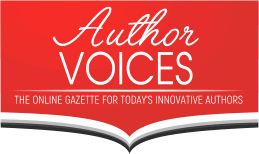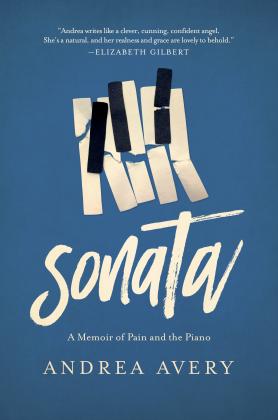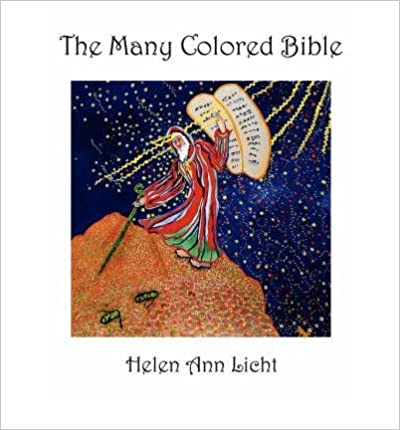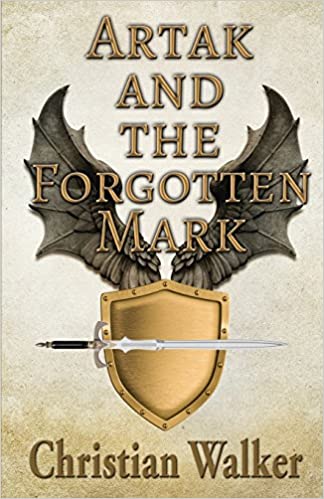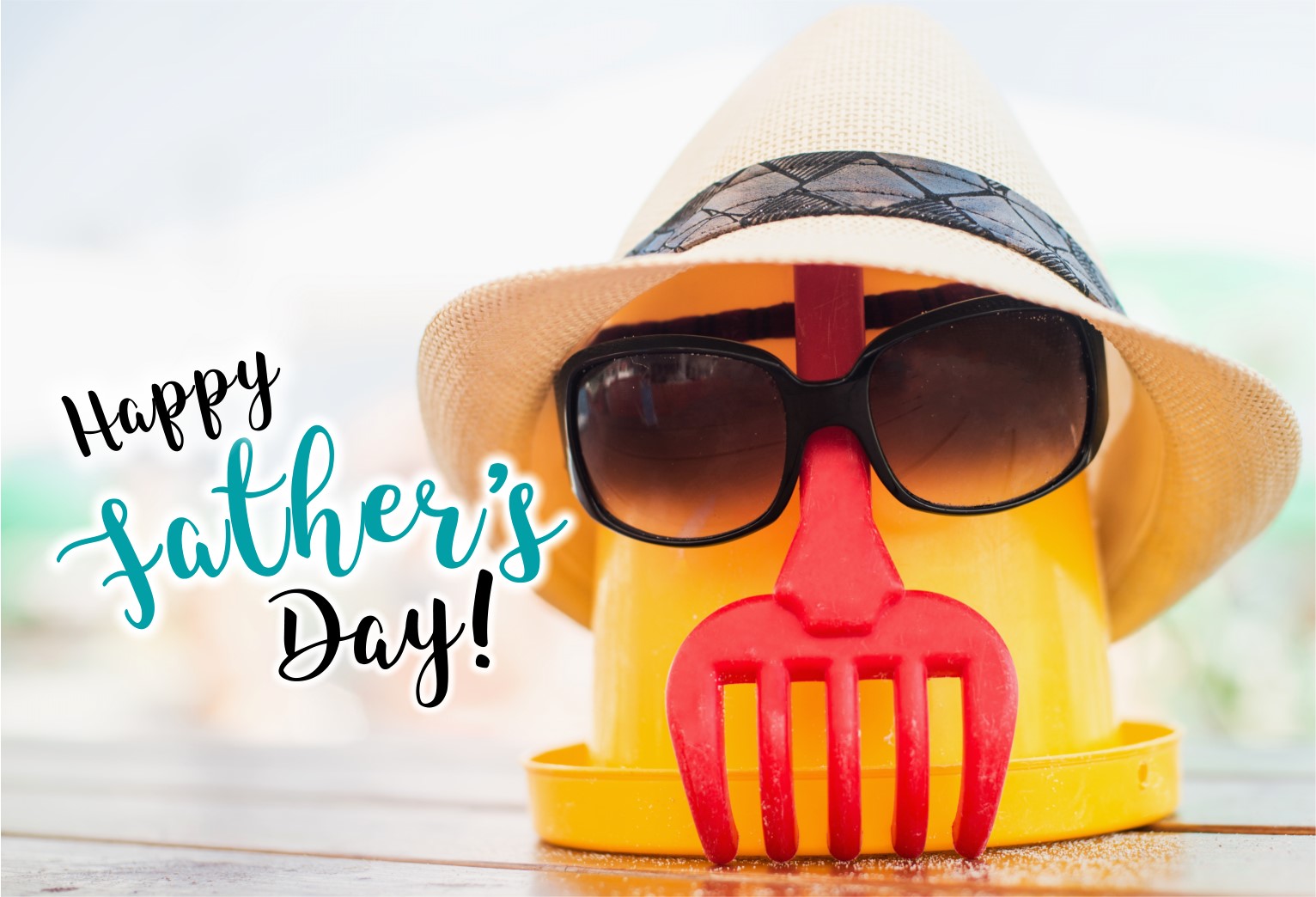Interview with Andrea Avery
Author of Sonata: A Memoir of Pain and the Piano
Where are you from originally and where do you reside now?
I was born and raised in Rockville, Maryland, a suburb of Washington, D.C. I moved to Arizona in 1995 and have lived there ever since; I live now in Phoenix, Arizona.
If you currently reside somewhere besides where you were born, what’s the story that lead from there to here?
I went to Arizona State University for college in 1995. My rheumatoid arthritis, which I’ve had since 12, played a big role in shaping my college decision (and my life!). When I finished high school, my parents–my dad in particular–urged me to consider where I might be healthiest, and the suggestion was that the dry, desert climate in Arizona might benefit me. At the time, I think I assumed I would go West for college and then return, if not to my home state to the East Coast. But during my undergrad years I discovered writing, and I went immediately into an MFA program in Creative Writing. At that point, too, I considered going “home”–George Mason admitted me–but ASU offered me full funding, the opportunity to teach, and the chance to study with writers I loved. So I stayed. I got married, bought a house, found a job I love, got another degree at ASU, and whoosh: 25 years have passed and I still live in Arizona, with no plans to leave.
What made you decide to write and publish your first book?
After I finished my MFA in fiction, I was writing a novel, but it was forced and contrived and, well, bad. I consulted with a former professor, who told me, “Write the book you want to read.” That seemed so simple! I’d tried to avoid writing about arthritis, but when I was honest with myself, I understood that the book I wanted to read–that I’d been looking for for years–was a smart, honest, literary, artistic book about moving through life with chronic illness, in a body changed by pain. The books I knew that included bodies like mine were self-help books, or spiritual books, but they weren’t what I wanted. I wanted a book that was clear-eyed about pain and disfigurement and struggle and loss and grief and fear AND funny and beautiful and hopeful. I was also intrigued by the intersection of what I’d come to think of as my “twin extraordinarinesses”: early and promising musical talent, and early and profound illness, both mine because of genetics and luck. So that is the book I set out to write.
How would you describe your books to first time readers?
If I were discussing Sonata: A Memoir of Pain and the Piano to first-time readers, I would say that in many ways it’s a coming-of-age story that, I hope, reads somewhat like a novel. There’s a story there: A little girl is good at the piano, and is utterly in love with making music, and before she has a chance to discover or fulfill her promise, she gets very ill. She will not be able to become a pianist, but she insists on a life she loves, insists on loving herself, insists on being a maker of music, somehow. She turns to writing and teaching and finds a life more full, more musical, more creative, more her own, than she ever dared dream of. At the same time, as nonfiction, my book is an important testimony: the owner/operator of an ill body discussing it on her own terms. I address and counter myths and stereotypes about disability; I aim to educate my readers about disability in general and arthritis in particular.
Who do you feel is most likely to connect with the topics you write about?
From readers, I have learned that musicians, whether they are chronically ill or disabled or not, connect with my story. With loving making music. In particular, though, musicians who have had to let go of their instrument or music altogether write to me. Many of them say that after reading my book they knew they had to pick up that instrument again: even if they can’t play like they used to, even if they can barely play, a life with music in it is crucial for a musician. Playing badly or a little may be better than not playing at all. I have also learned that people with chronic illnesses other than arthritis–Crohn’s disease, lupus, MS, depression, Guillain-Barre syndrome, ichthyosis, cancer–connect with my story. And mothers and teachers and nurses. Mothers and teachers and nurses are all over my work; they are my heroes.
What unexpected or surprising thing did you learn during the process of writing and publishing?
So much! I learned that authors sometimes have to scrounge up their own jacket blurbs, before publication, even before securing an agent. That feels to me like a cruel and awful thing. It is hard to, like, e-mail famous people and ask, “Will you say something nice about my Word document?” Those blurbs sure are powerful, though. Response to my manuscript (which was the same as it had been) sure changed once I could put famous names in my query letter. That was frustrating. In my MFA program, teachers liked to say “It’s all about the work. Focus on the work. The work is all that counts.” But my experience in publishing so far has suggested that is not the case. I would *rather* focus on the work itself than the caprices of the publishing world, so I do, and I am proud of my work–but still. Blurbs, marketability, platform, proposals–all of that has been eye-opening.
If you could, what advice would you give to past self yourself before embarking on this journey?
“Focus on the work” and “write the book you want to read”! I know that sounds like a joke given my answer to the last question, but it’s not. Now when I am writing, I ask myself, “If no one ever ever sees this–if it never gets published, it never finds a reader–would you still be glad you wrote it? Would it still be worth it?” If the answer is yes, I keep going. If it’s not, I stop.
How many people would you ideally like to reach with your books?
I suppose I am less concerned with sheer numbers (sorry, agent and publisher!) than I am with the book getting to people who need it–and the people I am talking to. I would really like to get it in front of medical students. I know med school curriculums are including the humanities, patient experiences, memoirs–and I would really like to break into that circuit. I would like to reach musicians whose bodies are mutinying on them. I would like to reach young people who know they have chronic, incurable, lifelong illnesses but are sitting in their bedrooms wondering what dreams they’re still allowed to have. When it comes to numbers, that adds up to a lot of people. So I’d like to reach all of them!
What has been the biggest challenge and frustration during the process to date?
One frustration I experienced was during the agent-search process. I had two agents before the one who sold the book. This is like a Goldilocks and the Three Bears story: The first agent wanted less music in the book, more arthritis. She had it figured as an illness book; she even wanted to call it “Gimp Girl.” The second agent wanted a music book, not an illness book. I really was committed to the idea of music and illness–pain and piano!–the intersection of the two things that have marked my life, both the result of genetics and long odds and environmental factors. So to be told by one person, basically, “we only want the sickness story,” and to be told by another “there’s kinda too much sickness in this,” well that has been my experiences being a chronically ill/disabled person overall: some people see only my illness; others seem fatigued by its very presence. I am both, and my book needed to be both, too.
What’s your biggest strengths when it comes to book a) writing, b) publishing and c) marketing?
I think I am good at talking about my work. I am comfortable reading from the book and speaking extemporaneously about it–fielding questions, etc. I have done a handful of radio interviews, etc., and I really enjoy hearing what people want to know more about and where they connected with the work. I don’t get flustered by questions or comments that I didn’t expect.
What’s your biggest weakness when it comes to book a) writing, b) publishing and c) marketing?
I can be a little impetuous–maybe sending work out before it’s ready, or querying prematurely. I also would add that I am ultimately an introvert and prefer to spend most of my time alone, reading or writing or sitting by a window having a mood. So although I tout the value of writing groups and communities to my students, I don’t have a really reliable writing group–and I am ambivalent about that. Probably a good, trusty group of writers could help me tap my brakes so I don’t send out work prematurely! I do have a handful of writer friends–Lauren Hough, Leta McCollough Seletzky, Courtney Rath–with whom I swap drafts from time to time. I am desperately grateful for those writer friends.
When do you think you will you write your next book?
I have a completed draft of a novel, and I am delighted by it and proud of it and its champion. It’s so different from Sonata (a satirical, semi-magical modern-day Western with a girl hero, a kooky workplace, and way too many guns) and yet, it has some similar themes: namely, trauma. How trauma changes you. I am going to stick by this book until I find its other believers, just as I did with Sonata (it took 10 years for me to find the right publisher for that book!). I am also working on a collection of essays that are also about music, but again in a totally different way than Sonata.
Are you self published or did you use a hybrid publisher, or a traditional publisher?
Traditional publisher. I was honored to work with editor Jessica Case at Pegasus Books.
FEATURED AUTHORS
Worrying if I was telling too many secrets Leaving out so much.
Keep Reading »Writing is an arduous task even when one has all ideas clear in the read more
Keep Reading »Write the book, start marketing (letting people know of it) before you finish.
Keep Reading »